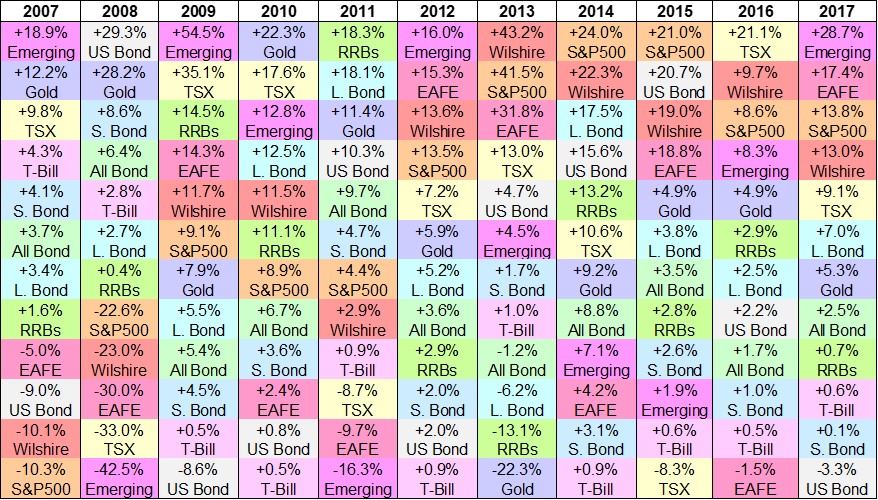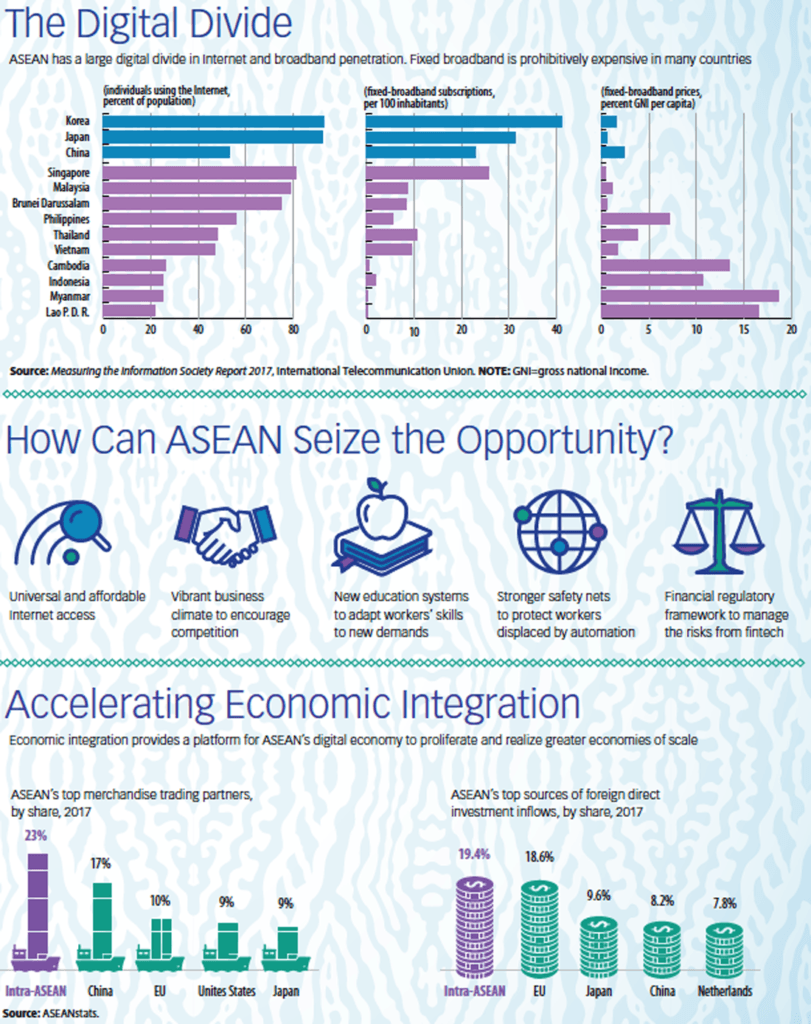The ongoing correction and volatility in global equity markets have made some of the foreign stocks cheaper. Investors with long-term horizon of five years or more can find attractive opportunities at current levels. Listed below are ten such stocks for potential investment after further research:
1.Company: Westpac Banking Corp (WBK)
Current Dividend Yield: 7.43%
Sector:Banking
Country: Australia
2.Company: Australia and New Zealand Banking Group Ltd (ANZBY)
Current Dividend Yield: 9.78%
Sector:Banking
Country: Australia
3.Company: National Australia Bank Ltd (NABZY)
Current Dividend Yield: 8.17%
Sector:Banking
Country: Australia
4.Company:Commonwealth Bank of Australia (CMWAY)
Current Dividend Yield: 6.65%
Sector: Banking
Country: Australia
5.Company:Bancolombia (CIB)
Current Dividend Yield: 3.46%
Sector: Banking
Country: Colombia
6.Company: Nordea Bank AB (NRDBY)
Current Dividend Yield: 8.73%
Sector: Banking
Country: Sweden
7.Company: Autoliv Inc (ALV)
Current Dividend Yield: 3.10%
Sector: Auto Parts
Country: Sweden
8.Company:Veoneer Inc (VNE)
Current Dividend Yield: N/A
Sector: Auto Parts
Country: Sweden
9.Company: National Grid PLC (NGG)
Current Dividend Yield: 5.62%
Sector:Multi-Utilities
Country: UK
10.Company: Continental AG (CTTAY)
Current Dividend Yield: 1.71%
Sector:Auto Components
Country: Germany
Note: Dividend yields noted above are as of Oct 19, 2018. Data is known to be accurate from sources used.Please use your own due diligence before making any investment decisions.
Disclosure: CTTAY, ALV, VNE, CIB, WBK, NAZBY



